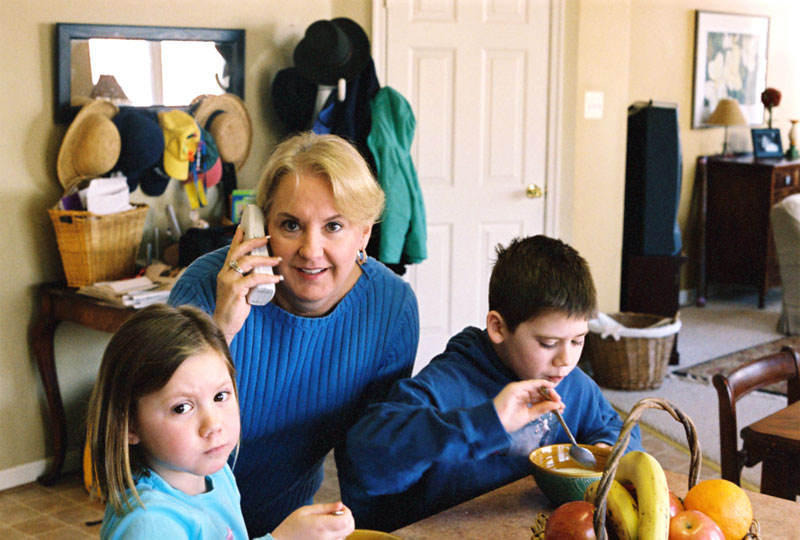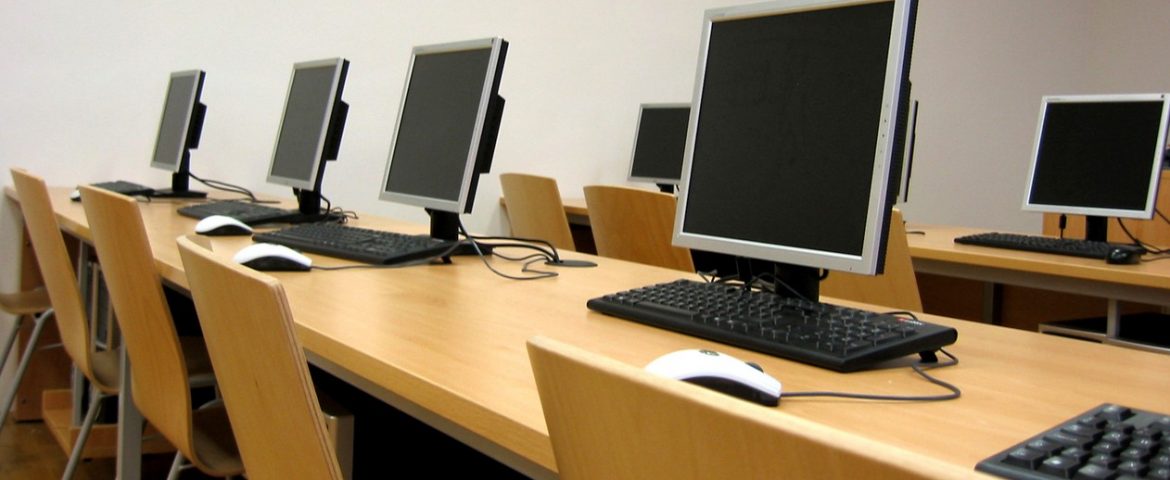Returning to School following the summer break

It is that time of year again. Children and young people throughout Bath and North East Somerset are going back to school. For many young people, returning to school after the long summer break, can be daunting.
Some will experience high levels of anxiety, fear or panic. They may be going up a year into a new class, with different teachers and possibly with a mix of new classmates. Some children will be starting secondary school and finding themselves right back at the start of a new school life. Others may have had to change schools, due to a move into a new area or unresolved issues experienced in their previous school.
School days were the best days of my life. I didn’t realise how care free I was and how little responsibility I had……”

I have often heard this expression. To an extent it is a complete myth of course and is certainly not not the case for everyone. Even those who state it.
Over the years adults leave their childhood behind and a distance is created between them and their formative years. Some start to look back with rose tinted spectacles. They forget the daily challenges and trauma of life growing up and going to school.
As an adult we get a job, a career and work all the hours under the sun. We take on the overtime, the promotion we never really wanted, but had to take, to gain a better standard of living for our family. When at work we get badgered by the boss for more effort and more output. Not to mention the ever shortening deadlines. So thinking in that way of course school life can, in hindsight, seem a holiday in the park in comparison.
But let’s get things into perspective. You’re older, you’re wiser (hopefully). You have more experience to fall back on. You are stronger mentally and emotionally. And with your job comes a salary. You may well be under pressure to get things done, work to deadlines and prove yourself.
Young people are also working many hours a week in school. They work overtime with extra curricular activities, overtime at home with homework. They get badgered by teachers for more output and have to meet ever demanding deadlines with coursework. However, they are disadvantaged by age, far less emotional development and lacking in life experience. And they do it all for free.

Returning to school following the summer break is uniquely different for every child. We should never assume anything about how they think or feel. What do we know of how they feel their summer went? How did they expeience that summer? Did they have a fantastic time attending many events, activities or holiday destinations? Or did they spend time looking after loved ones, spending time alone and not getting out much at all? Were they going through some emotionally challenging event or experience?
For some children and young people, they will experience illness of a family member, which may still be ongoing at the time they return to school. Others experience sad or unhappy events, which may leave them feeling low or depressed just before school resumes. And for others they may just dread the idea or thoughts of what’s to come.
Summer holidays are over, so what next?
Depending on what occurred over the summer break will determine, to a great extent, how that return to school will be. How it will viewed by each individual child. Then of course, there is the personality and character of the child or young person. Some have a higher level of self-esteem and confidence. This will aid them tremendously when starting afresh. Others may be more critical of their own ability to do new things. Or get very worried, nervous or anxious about starting again.
This blog therefore, is written about those children faced with the challenges and traumas of returning back to school. And the issues they may come up against throughout the term ahead.
Issues such as:

- Missing being back at home
- Not being at home to help out
- Making and keeping new friends
- Keeping up with the homework
- Preparing for tests or exams
- Keeping up with coursework
- Dealing with different teachers
- Being bullied or teased
- Fitting into a new year
- Starting a whole new school
- Dealing with any stress and pressure
- Worrying about family
- Absence or truancy
Many thoughts about a return to school
Going back to school can be very scary. Young minds can get very anxious when worried or experience any of the above. They may feel uncertain about getting back into the routine of school life. And let’s not forget that school is a pressure pot of competition. I don’t mean the football or the netball and suchlike. I mean the competition for friends, for being part of a group. For being accepted and part of the school community.
Children and young people are tested, assessed and judged by teachers and parents alike. As well as the school inspection system. They are measured in test results, exam results and overall Ofsted results. However, that’s not all. Because they are also tested, assessed and judged by their peers. By the very people going through the same events and experiences they are at school. And like their peers, they do the same in return.
Going back to school

School takes up a lot of time and energy in a child’s day. It is something they do for many years. Something children don’t tend to have a choice about doing. So it is important that children and young people feel happy and safe going to school. Some will look forward to it more than others. Some will even find it a blessing that the summer break is over. It means they can get back into a familiar routine. But others may get worried, stressed or anxious about their return.
As someone who has worked with children and young people for longer than I want to admit, I know there are a variety of issues which worry or concern children. Issues which many people don’t often consider. These are children who get anxious about going into an assembly or dining room. Young people with eating disorders or have a fear, such as emetophobia. Young people who are being bullied by teachers or harassed by staff. Children who feel the ‘odd one out’. The very shy children, often missed by teachers, because they don’t cause any bother. But do have issues with things at school, but too timid to say.
What can parents do to help?

A parents help is the best help and support a child or young person will ever receive. Assuming that help and support is offered with the right balance of care and attention. At the same time, taking into account the needs and wishes of their child. Acting or intervening appropriately and in a suitable time frame. And done so in a manner which is kindly and constructive.
This I believe, is what parents want to be like with their children. But there are day to day pressures to contend with as a parent. Such as the stress which comes from dealing with their children’s behaviour, attitude or general everyday needs. The parents own feelings of inadequacy, anxiety or failure can lead a parent up a not so positive path. I think we all recognise that parenting is often one huge challenge. It is unrelenting and therefore, we rarely see what we are doing right or even reasonably well.
Parents too, may feel at a loss of what to do for the best. How to help. What to do to support their child. Knowing what way to intervene, without making it worse or creating bad feeling between them, the school and/or their child.
Well fear not and welcome to how it feels to be a regular parent who cares. I don’t think anyone really expects you to have all the answers. Except your children maybe. The reality is you will never know all the answers.

Many things are going to occur for your children during their school years. And just like you didn’t know all the answers before they went to school. You know, those times you phoned your mum for help when they were first born, because it all felt rather overwhelming. The moments of conversation with your dad about what to do when they get to their teenage years and challenge your parental authority. The books and online forums and websites you visited to know what to do when they needed potty training or wet the bed.
We are not born with a manual of parenting lodged into our brain. We discover it as we go along. Yes of course we use our learning from the parenting we received, but like anything else we do, things happen which we have no experience. Things which catch us out or don’t quite go as expected. And lets face it, there may be things from are own parenting which we question or would want to change or not do at all.
Just remember one thing if nothing else from this blog. You are not alone. There is help and support for you and your children. Starting right here.

